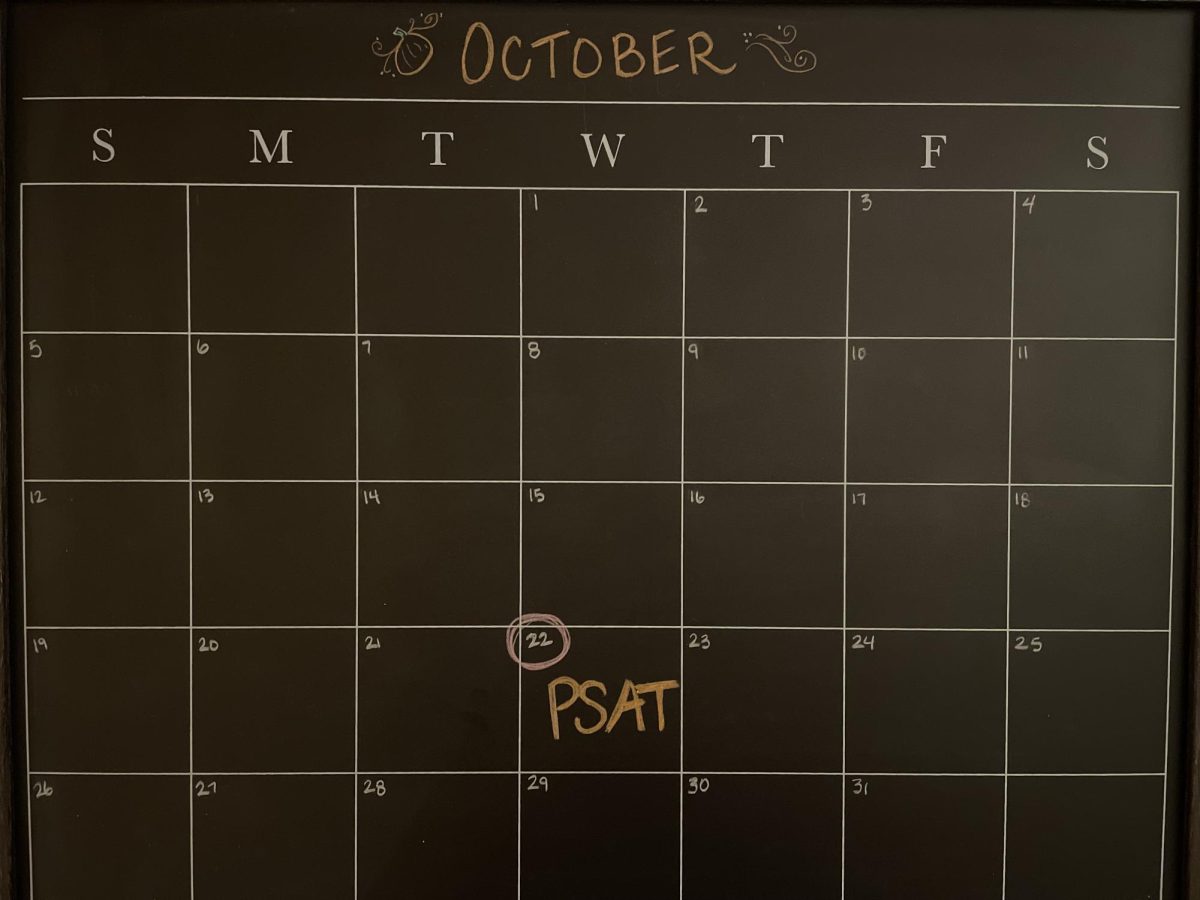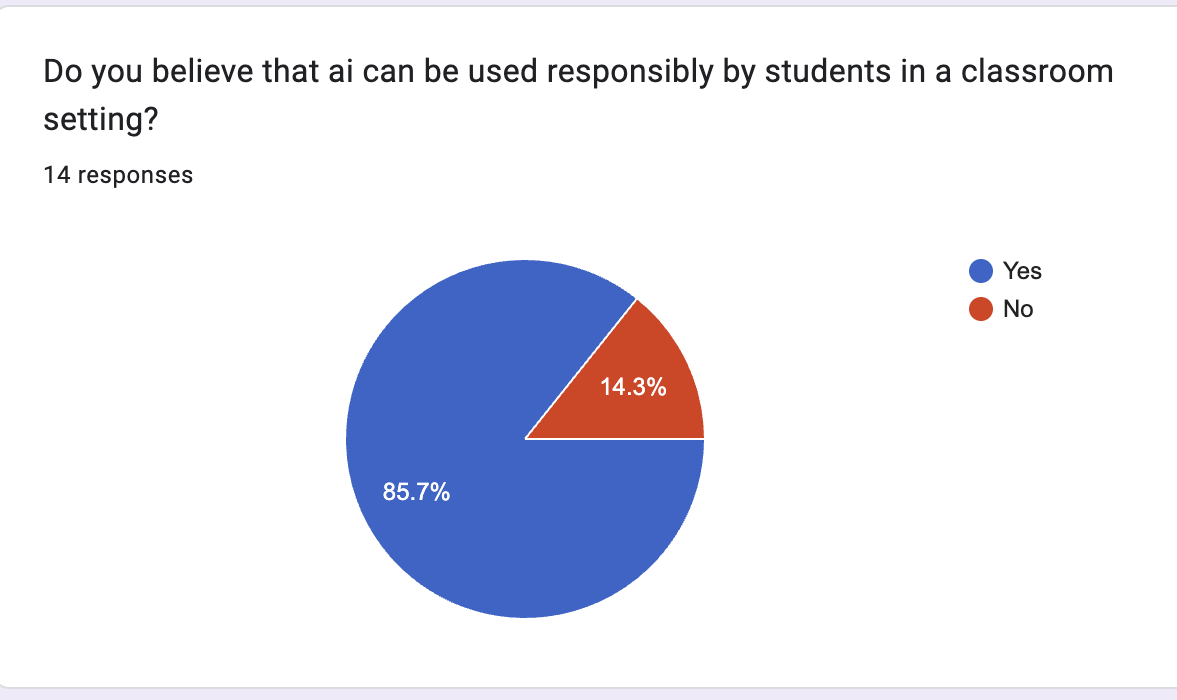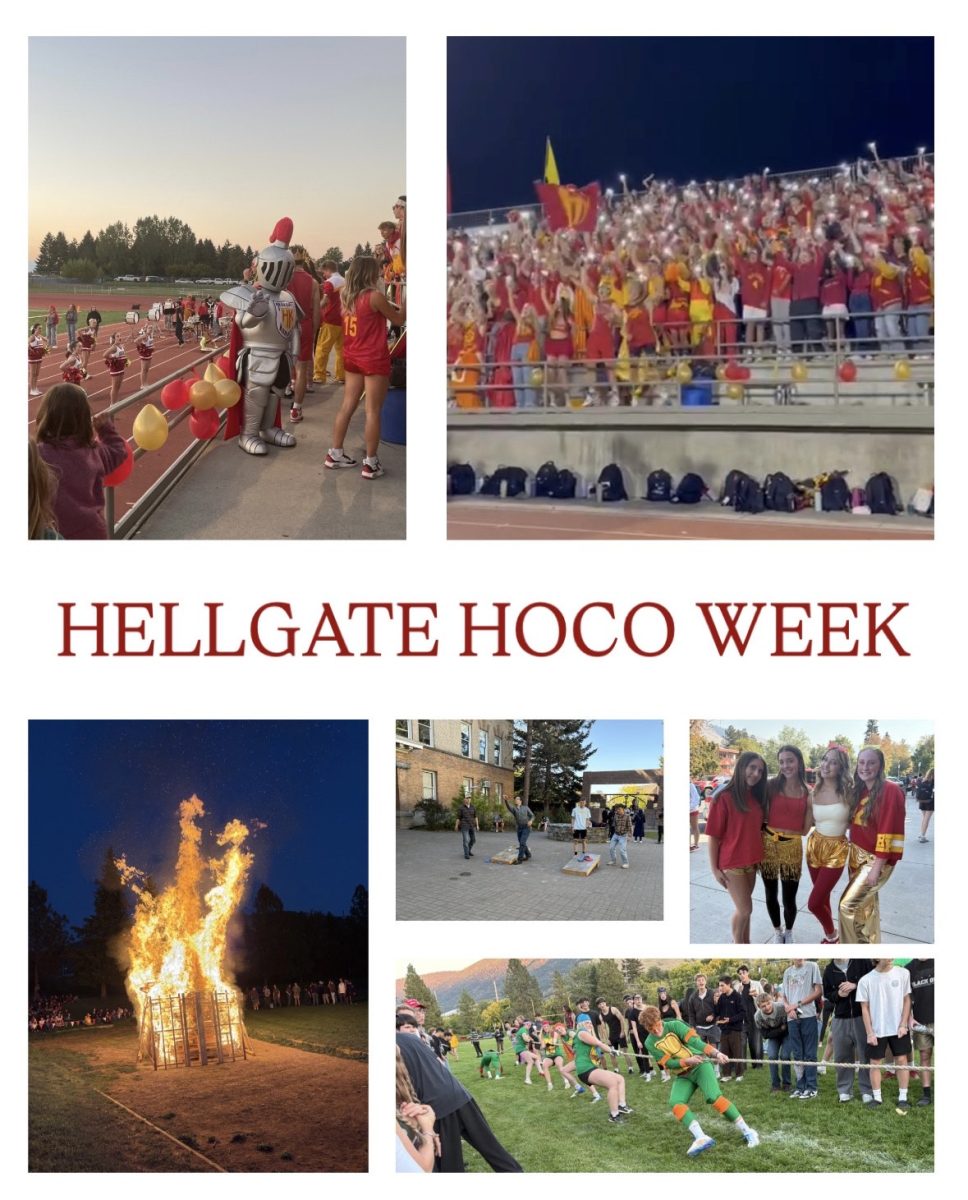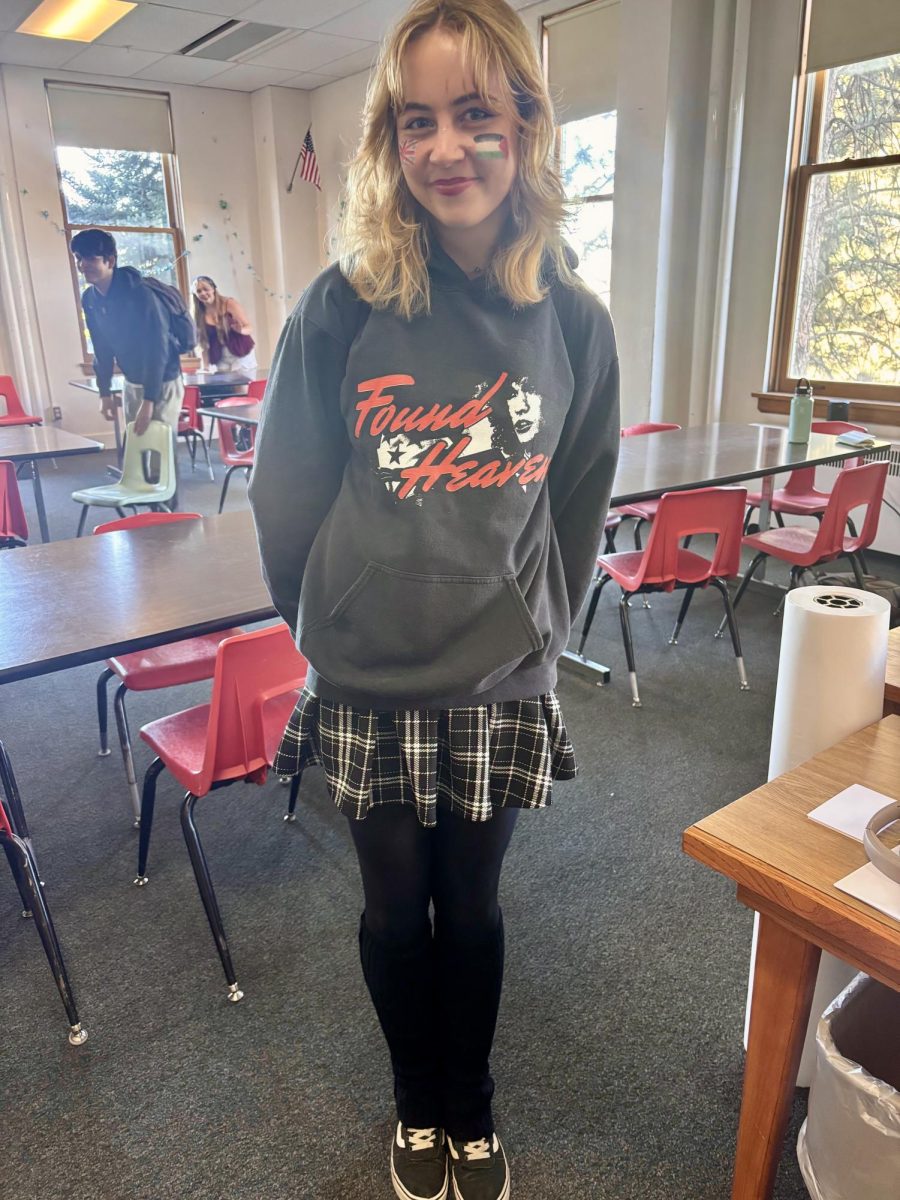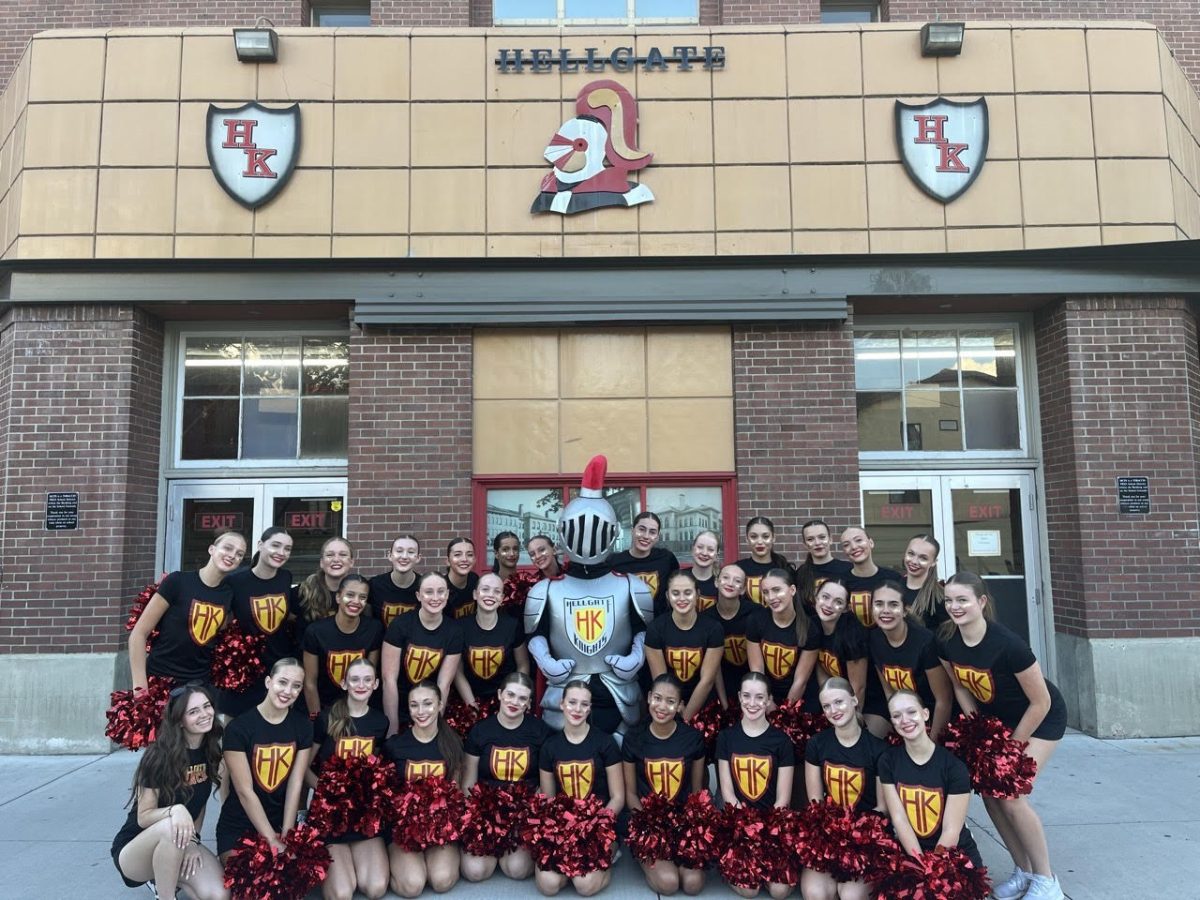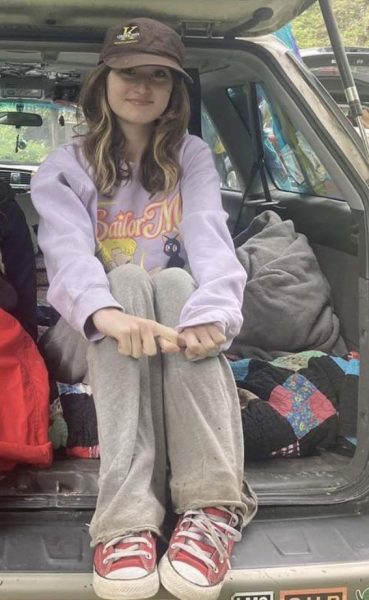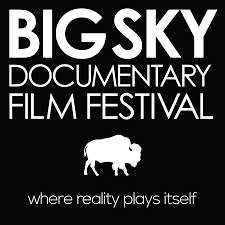
The Big Sky Documentary Film Festival is shown from Feb. 16-25. This year, it was the 21st year of the festival. For many, this is a large part of their life in Missoula and is a large addition to the local culture. The festival shows documentary films at the Roxy, Wilma, and Crystal theaters in downtown Missoula. Notable companies such as CNN and PBS have and currently participate in the festival as a long-standing tradition.
Julia Sherman is the Director of Education and Grants Manager for the Big Sky Film Institute, which is the home of the festival. She runs the six youth education programs that the institute offers and writes grants that are largely responsible for funding several facets of the Big Sky film Institute.
“I’ve been working with the festival for nearly a decade and the work I do continues to inspire and delight me-I get to work with young people which is inspiring, new ideas and teachers from across the state that challenge me to adapt my own work in media literacy education. Juggling six unique education programs, many of which culminating during the festival, can be challenging, but with a changing program and the supportive staff I work with, it keeps my work dynamic and allows me to be a part of the conversations in our community from a public school perspective,” Sherman said.
The film festival is a truly community-centered affair with people working with all aspects of it and many different relationships being made by filmmakers and those otherly involved with the festival. Many different voices, including those of various ages are invited to participate in this community, as well.
The Big Sky Film Festival does not only contribute to its own community, but to the local community of Missoula as a large effort for many years. “Our programs are designed to operate as a pipeline—From inspiring and exciting young people to the power of documentary and helping teachers incorporate it in their classroom teachings to putting cameras in the hands of young people, our aim is to encourage media literacy from a variety of vantage points,” said Sherman.
The festival has been set to make the local community more involved in the festival, media literacy, and filmmaking in general. Sherman added to this, saying that it gives people a space to learn from others and about the power of storytelling, how to build on it, and learning more about the world around us. This is both a benefit to participants inside and outside of the classroom.
Sherman said, “Big Sky Documentary Film Festival shows docs of all forms—from short to feature length, covering subjects from across the globe. We have dedicated strands that include global stories, stranger than fiction and Indigenous stories, among many others. We are one of the largest documentary film festivals in the American West and work hard to keep our programming diverse and expansive,” showcasing several ways the festival maintains its variety and interest year after year and how it brings in stories that are not limited to the borders of Montana.
“Each year the festival feels unique,” she said, “but this year our Executive Director is moving on to other things and it’s our last festival season with her,” remarking on changes in the festival this year. “Aside from our staffing, our programming always shifts with the political and social climate and this keeps each festival year feeling fresh.” The festival introduces new and unique stories, often regarding, or made more important by both social and political world climates, furthering the variety of these stories and giving Montanans an opportunity to gain access to many unique perspectives.
The Big Sky Film Festival, a long standing tradition in Missoula’s culture, was held recently last month, and continues to benefit the community and tell stories through many different lenses, giving opportunities for people to learn about the world around us.

